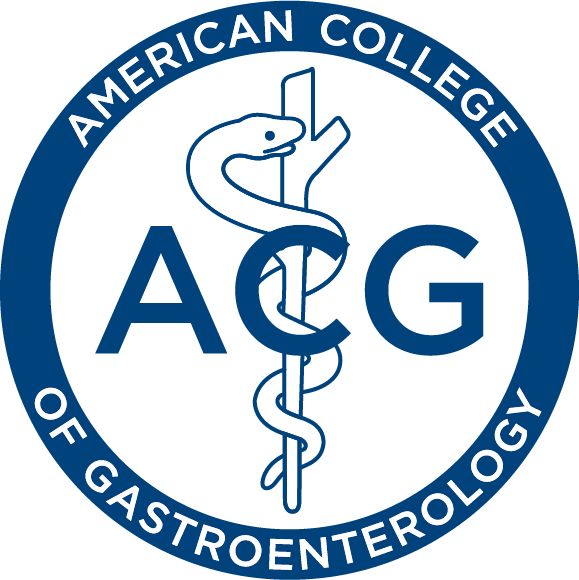Newswise — Bethesda, MD (July 5, 2022) – The July issue of The American Journal of Gastroenterology highlights new clinical science including a smartphone app that can accurately assess stool form, rural-urban disparities in cirrhosis mortality, and lung infection risk in severe alcohol-related hepatitis. This issue also includes articles on pediatric IBD, therapy options for Crohn’s disease, a novel endoscopic suturing device, proton pump inhibitors, and more.
Several articles are highlighted below and access to any articles from this issue, or past issues, is available upon request. The College is also able to connect members of the press with study authors or outside experts who can comment on the articles.
A Smartphone Application Using Artificial Intelligence Is Superior To Subject Self-Reporting When Assessing Stool Form
Pimentel, et al.
Patient-reporting of stool form, based on the Bristol Stool Scale, frequently is used to document the effects and side effects of interventions in irritable bowel syndrome but is a subjective assessment. In this RCT, authors compared the accuracy of a smartphone app using artificial intelligence to assess digital images and identify stool form, assessment by two expert gastroenterologists, and patient self-reporting. They found that the app provided similar assessment compared to expert gastroenterologists and was more accurate than patient self-reporting.
Rural-Urban Disparities in Mortality From Cirrhosis in the United States From 1999 to 2019
Ufere, et al.
Between 1999 and 2019, an almost 20-fold increase was found in the difference between cirrhosis age-adjusted mortality rates between rural and large metropolitan areas in those aged 25 years and older, indicating a need for further research to investigate potential causes and implications for future policy efforts.
Doctor, What Is the Best Crohn's Therapy?
Kim Isaacs, MD, PhD & Sunanda Kane, MD, MSPH, FACG
In this editorial, the authors discuss the range of biologic therapies available to manage Crohn’s disease, including anti-TNF, anti-integrin, and anti-interleukin agents, in the context of clinical trials. They note that it is key to use all available data and that, “the best therapy takes into account disease location, risk for complications, and what is deemed success.”
Lung Infection in Severe Alcohol-related Hepatitis: Not to be Underestimated
Stevan A. Gonzalez, MD & Patrick S. Kamath, MD
This editorial discusses the study by Ntandja Wandi, et al., in this issue, “Lung Infection Affects Access to Treatment and Short-Term Outcome in Patients With Severe Alcohol-Related Hepatitis Treated With Corticosteroids.” While there is substantial risk of lung infection in severe AH, and an increase in alcohol use disorder and associated liver disease has been documented during the COVID pandemic, the contributors comment that infection, “does not appear to be increased with administration of corticosteroid therapy in responders, but rather is related to non-response to corticosteroids and inadequate recovery of liver function. It is clear that early identification of patients with severe AH who are at increased risk of pulmonary infection could improve outcomes through early aggressive intervention, including antibiotic therapy.”
Overweight and Obese Status Is Not Associated With Disease Activity for Children and Adolescents With Newly Diagnosed Inflammatory Bowel Disease
Jain, et al.
A retrospective cohort study of nearly 5,000 children and adolescents with newly diagnosed IBD found that, “obese and overweight children with newly diagnosed inflammatory bowel disease do not seem to have worsened disease activity at 1 year after diagnosis compared with normal weight children.”
About the American College of Gastroenterology
Founded in 1932, the American College of Gastroenterology (ACG) is an organization with an international membership of over 17,000 individuals from 86 countries. The College’s vision is to be the preeminent professional organization that champions the prevention, diagnosis, and treatment of digestive disorders, serving as a beacon to guide the delivery of the highest quality, compassionate, and evidence-based patient care. The mission of the College is to enhance the ability of our members to provide world class care to patients with digestive disorders and advance the profession through excellence and innovation based upon the pillars of Patient Care, Education, Scientific Investigation, Advocacy and Practice Management. www.gi.org
###

